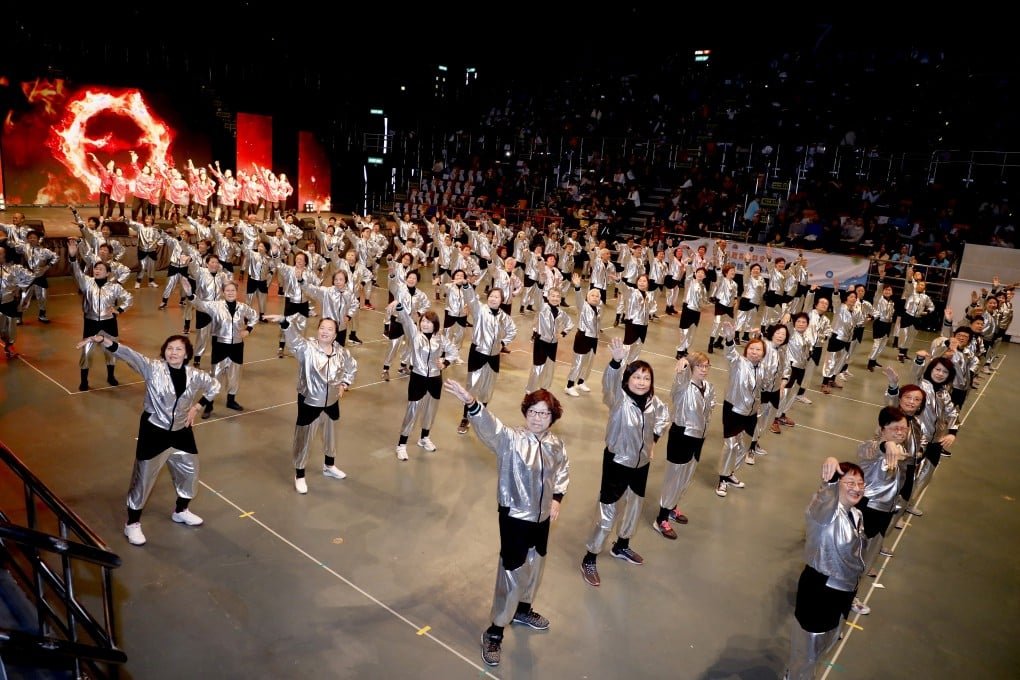
[Sponsored Article]
"I like hiking and skipping. Crossover skipping is very difficult, and I had to try it many times. I can run up stairs when I hike, and I love to look at the scenery and small animals around me," says Wong Tsz-fung, an active primary one student. Since his school joined Fun to Move@JC and launched innovative activities to encourage students to become more active, Tsz-fung started playing games at school. He has also taken part in competitive games with his parents.
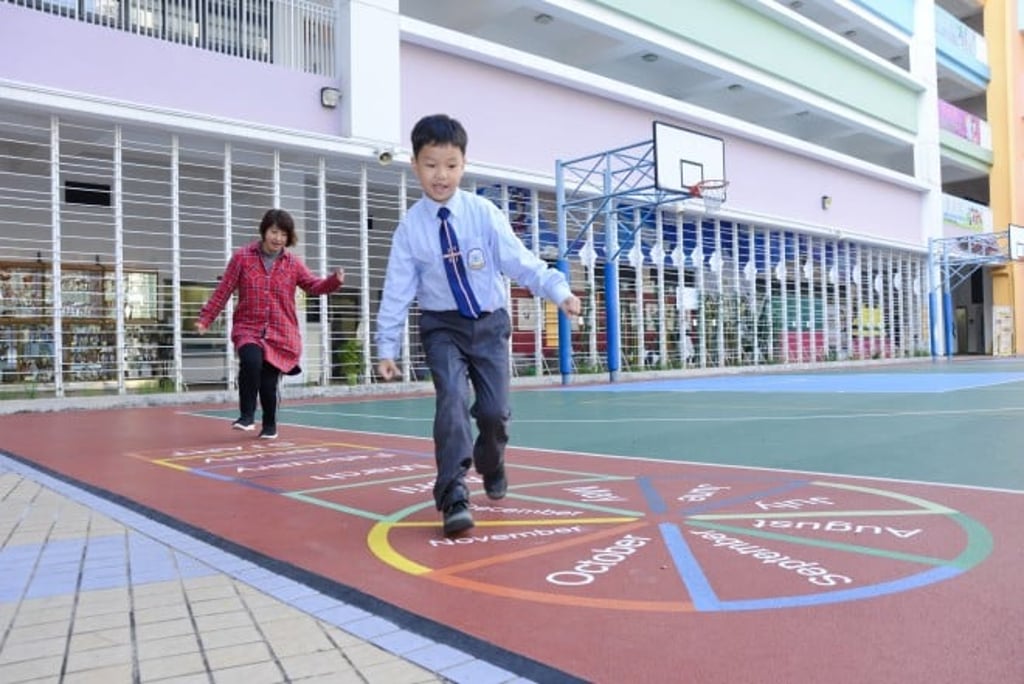
Tsz-fung’s mother understands the benefits of physical exercise and encourages her son to participate in various sports, including hiking together on holidays. “My son has improved physically since he started playing sports. He has fewer colds, nasal allergies and skin rashes. He has also become more independent and disciplined, and has learnt to think more positively.” She also notes that she has been able to spend more time with Tsz-fung by exercising with him.
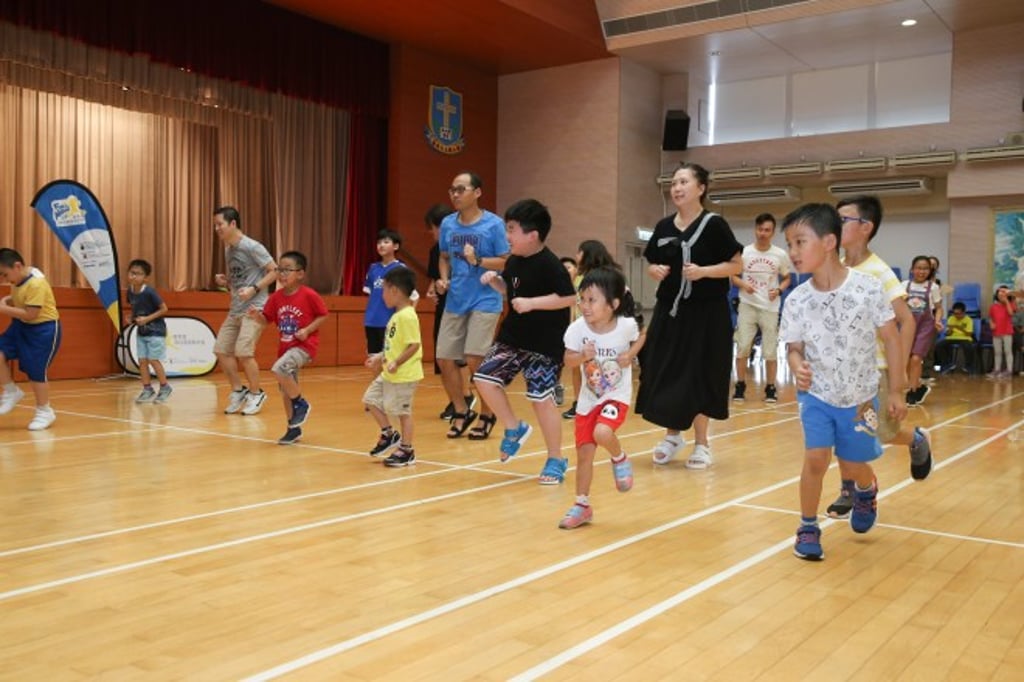
Launched in September 2017 in 35 local primary schools, the five-year programme helps to promote a sports-friendly culture in schools. It offers suggestions, such as for schools to allow access to basketball courts and table tennis tables before morning assemblies and during recess. Thus, enabling students to have more chances to play sports. Fun and easy-to-use sports equipment is also provided to all participating schools to encourage students to exercise and play games.
The project also teaches children 13 fundamental movement skills, aimed at supporting their participation in sports and making it easier for them. A computer system assesses their ability to perform each skill, providing feedback and suggestions on how to improve on their movements.
As family support is crucial to children’s participation in sports, a series of sports-related parent-child activities, classes outside school hours, as well as joint-school family fun days are included in the project.
All participating school staff members, children and parents are also provided with a wrist-worn sports band, which records physical activity levels, such as the number of steps walked and the duration of exercises. Together with a specially designed and user-friendly sports app, a range of data, including calories burned and body mass index, are at users’ fingertips. Additionally, the sports bands allow participants to set exercise goals and the big data gathered helps gauge the effectiveness of the programme.
Creative sporting activities get everyone moving
The Club strives to provide opportunities for those who lack the resources or motivation to incorporate sports in their daily lives so that these activities eventually become habits. It has introduced a host of programmes to enable the elderly and the disadvantaged to enjoy sports – sports that are fun, easy to master and convenient to take up.
One of the Club-supported projects involves recruiting and training the ‘young-old’ to become ‘sports ambassadors’ and promote physical exercise to those around them. Exercises also integrate rhythm, music and performing arts, to stoke the elderly’s interest.
The visually-impaired can also train to become long-distance runners, bowlers, golfers or tandem cyclists as, with the Club’s funding, programmes engage professional coaches. For ethnic minorities who do not have much access to community sports facilities, the Club supports a programme whereby they can experience the fun of cricket, hockey, and dodgeball through virtual reality games. These initiatives also help widen their social circles and to be integral members of the community.
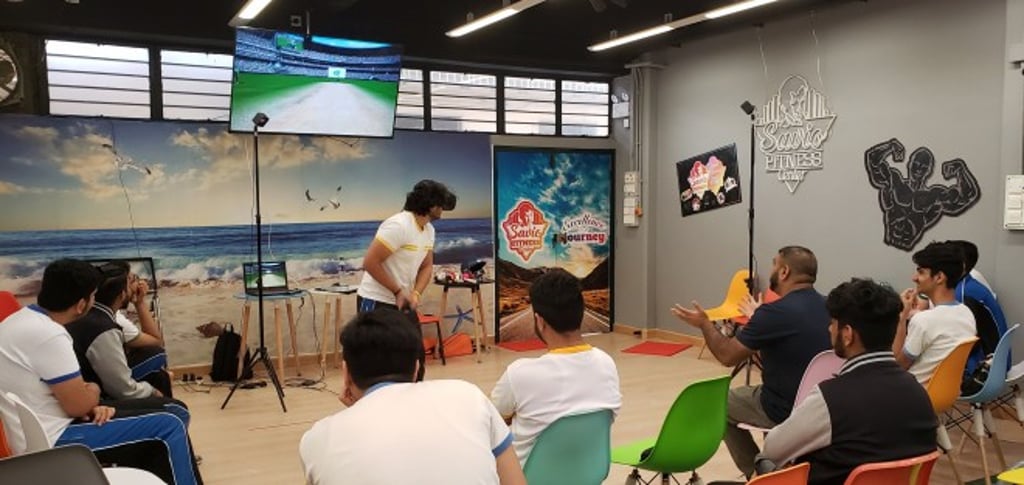
Promoting football and sports to the community at large
Football is one of the most popular sports in Hong Kong. As a long-standing supporter of local football development, the Club actively promotes football among the youth and encourages women to participate in the sport as well.
In 2015, the Club introduced the Jockey Club Hong Kong Football Association 5-Year Football Development Programme, involving a wide range of systematic training opportunities, competitions and tournaments for young players, athletes and local coaches. The Club has also been working with Manchester United since 2012 to develop a range of football programmes that aim to inspire and facilitate physical, social and mental development in the younger generation.
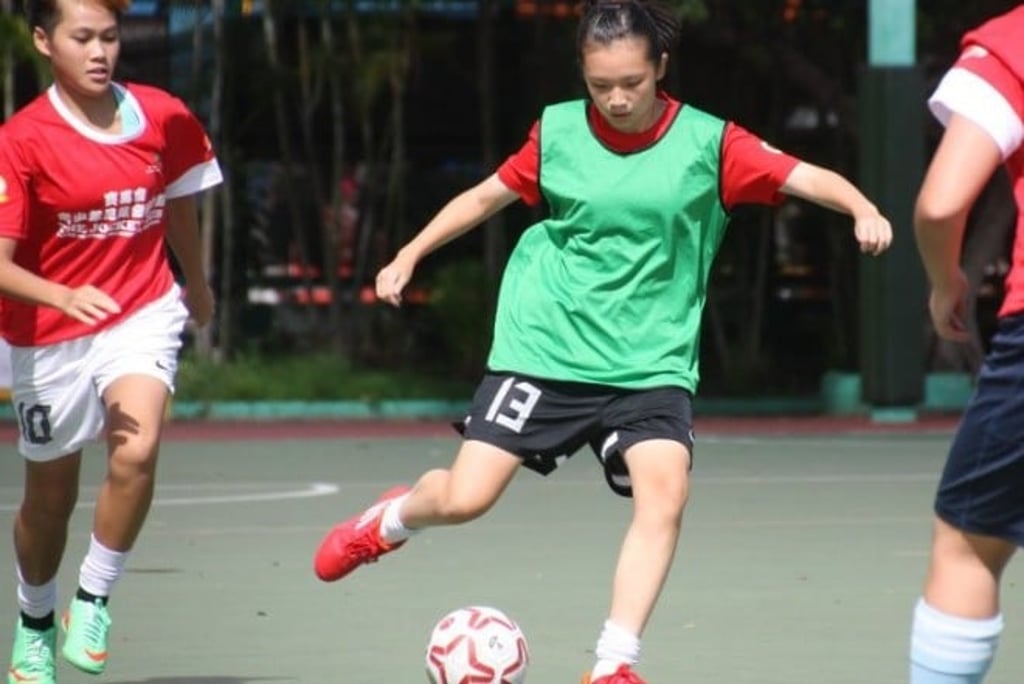
To make sports accessible to all, the Club opened the Jockey Club Kau Sai Chau Public Golf Course in 1995. The facility provides golf training for people of different ages and abilities and for Special Olympics athletes, to promote the game and inclusiveness in sport.
In addition, the Club established its first public riding school in the 1970s and now provides courses on riding and equine care for over 80,000 people each year. In 2008, the Club made it possible for Hong Kong to stage the equestrian events of the Beijing Olympics, contributing to the increasing popularity of equestrian sports. In that same year, it set up the Jockey Club Equestrian Team and the Junior Equestrian Training Squad to nurture local elite riders, who have since won medals in various international competitions.
In fact, not all sports require a lot of resources or skills. Physical activity can be fun and exciting. The Club will continue to support a variety of sports programmes for people of all ages, nationalities and abilities to help build lifelong healthy, active habits as well as to promote social inclusion.
One of the world’s top ten charity donors, the Club’s Charities Trust is committed to the betterment of Hong Kong and encourages collaboration and innovative thinking to address different social needs. In recent years, the Club has focused on four strategic areas, namely “Youth”, “the Elderly”, “Sports” and “Arts, Culture & Heritage”.